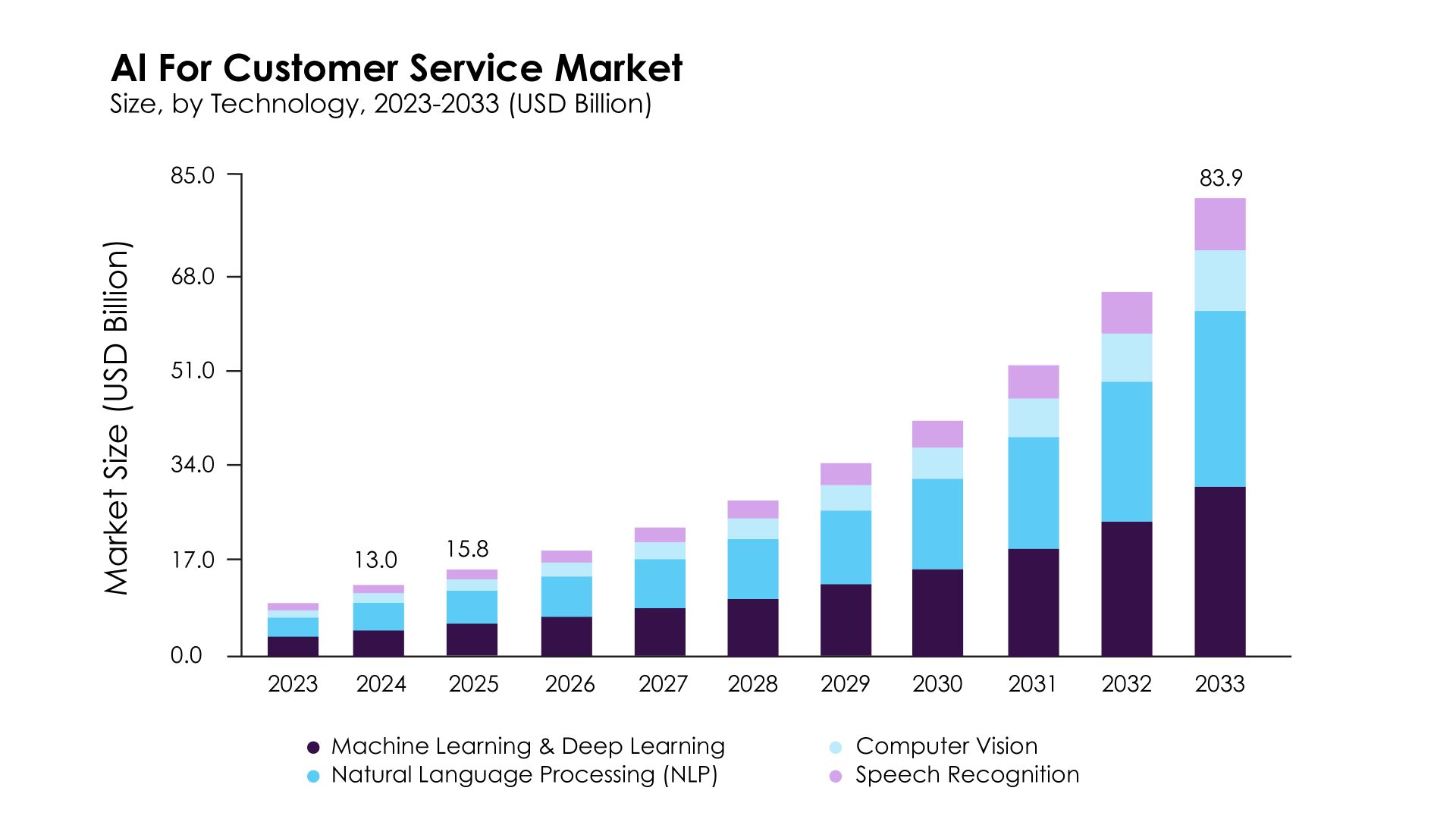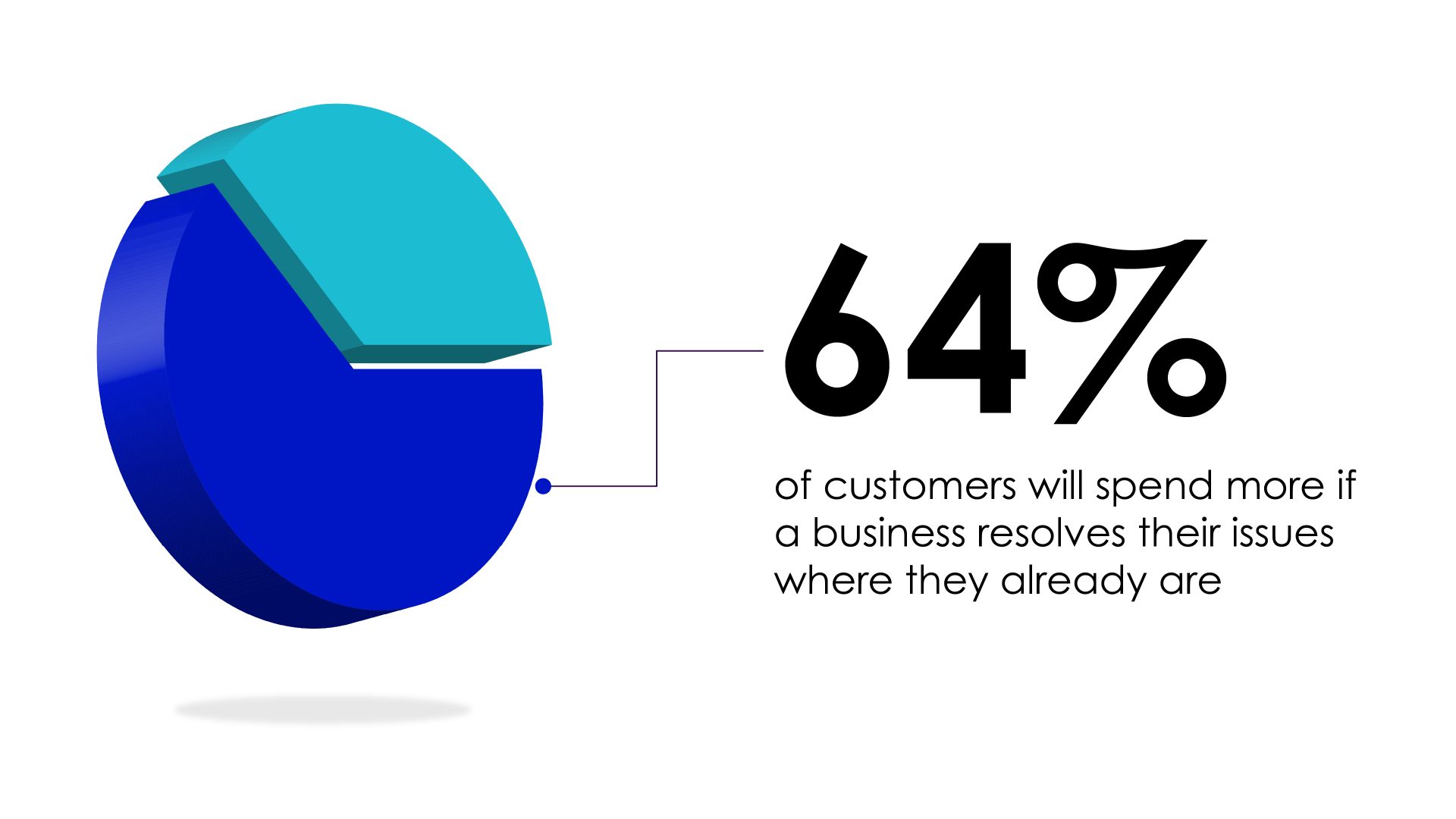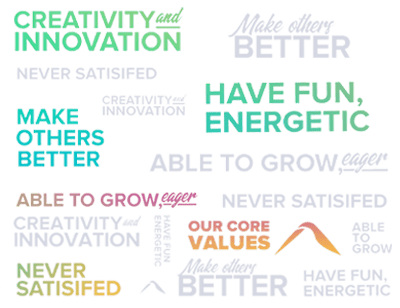Summary
Customer service in 2025 has transformed, and a major credit goes to AI. AI has made customer service smart, effective, and empathetic. The monotonous repetitive tasks handled by human agents are now taken over by AI, and thus agents are now free to focus on intricate and emotionally challenging issues. This collaboration allows quicker response periods. This collaboration enables quicker response periods, 24/7 accessibility, and tailored experiences. AI augments agents’ competences and not replaces them- taking up the role of a co-pilot and making customers feel valued and heard.
- AI enhances, not substitutes, human agents
- 24/7 availability and quicker response times
- Compassion through technology
- Cost-effective business expansion
- Proactive assistance
Introduction
The Red carpet has been set for an era where artificial intelligence no longer just automates customer service but humanizes it. We cannot deny the fact that for a lot of companies, customer service has remained a soft spot. We cannot deny the fact that for a lot of companies, customer service has remained a soft spot. All of us have faced a situation where we have been kept on hold and we have listened to the gloomy music, annoyingly repeated our issues numerous times to different agents, and chatted with a bot that kept on repeating the usual fed conversation without comprehending our context. These kinds of engagements have generally led to frustration rather than problem-solving.

But the turn of events has changed- Because AI has emerged as a transformer and not just a fixer. It is empowered now to revolutionise customer service into something more innovative, quicker, and unexpectedly more empathetic.
It’s 2025, and AI is no longer backstage, analysing data. It’s on the stage and dynamically improving the way brands interact with humans with empathy and in real-time.
Today, the customer doesn’t want to be dealt with like a task. They feel themselves as a lively and intelligent part of your company’s existence. Undoubtedly, AI has embraced the role of a catalyst that not just enhances operational efficiency but facilitates an honest and thoughtful customer relationship.
From Frustration to Contentment: The Customer Journey Reformation
Previously, customer engagement seemed like a perplexing navigation. However, the scene has changed, and in 2025, it looks like stepping on a travelator, it’s spontaneous, approachable, and smooth.
The customer journey nowadays is predictive rather than reactive thanks to the development of technologies of AI, machine learning, and natural language processing (NLP). We are in an age where the system already knows our issues, solutions, and our mental state the instant we connect.
As per the Salesforce article Sales, Service, and Generative AI: New Research on What’s Holding Teams Back– it was stated by 63% of salespeople from the 2,000 sales and service professionals surveyed that AI will help them attend to customers faster[i].
Let’s comprehend how:
Contextual intelligence –
This means that the system already knows the problem you are facing. Thus, it doesn’t ask you the obsolete question- How can I help you? But it straight comes to the point and inquiries about the issue you are facing.

Emotion recognition –
Today, the tools are intelligent enough to sense emotions. It can identify anger, annoyance, confusion and contentment on the basis of the choice of words, tone or typing speed.
Proactive service –
Reaching out to the customers before they knock at your door for help. For example, due to bad weather, your package will not reach your place on time. We have rescheduled the visit and given you a discount voucher for your next purchase.
Humans + AI: The Dream Team of Customer Experience
There was this buzz everywhere that AI will replace human agents. However, we have come to realise that AI does not substitute humans, but it has made humans more efficient and swifter.
At present, customer service agents are:
- Empowered with AI tools that help them promptly get hold of customer history, required assistance articles and the immediate best action.
- Real-time assistance with intelligent prompts to act with empathy or lighten a stressful situation.
According to nngroup’s article, AI Improves Employee Productivity by 66%. Support agents empowered with AI handle 13.8% more customer inquiries per hour[i].
- Relief from monotonous tasks, and giving the agents time to concentrate on high-value interactions that need human intervention, patience and thought process.
Bot and people have entered a collaborative ecosystem, where AI eases the workload so that humans can be more creative.
How AI Is Becoming More Human-Cantered
In 2025, AI feels more like a human, and it doesn’t appear that it’s trying to sound smarter. AI recalls our language preferences, timing and even follows up.
Let’s get a brief idea of what human-cantered AI looks like
Conversational memory-
This means that you don’t have to repeat the whole story again and again. Your previous conversations are comprehended in context and stored.
Adaptive tone:
AI adapts, as per situation, mood, tone and choice of words. Like we have previously talked about, the emotional understanding.
Inclusive by design
AI now supports accessibility standards. It is now enabled to cater to customers with diverse needs efficiently
Trending in 2025: Hyper-Personalization at Scale
Customers today want to be seen as individuals; they want to be valued and acknowledged. And all of us will agree that it’s perfectly normal to expect. Customers expect a service that feels like it was specially made for them.
And here AI can be thanked for empowering businesses with hyper-personalisation.
Customer profiles now don’t only include name and customer ID. It comprises preferences, purchase history, sentiment patterns, and interaction style.
So in the place of listening:
“How can I help you?”
You can hear,
Hey Aria, welcome back! I noticed you took an extra internet data pack last month. I have some offers today. Do you need them this month?
Why Brands Are All In on AI-Enhanced Service
As per a recent survey by Puzzel, which involved 1,505 CX leaders across Europe, shared that the adoption of AI by contact centres, agents’ empowerment, and balance of technology with human empathy to fulfil increasing expectations. It was found in this survey that AI is considered crucial for 77% of CX leaders for delivering personalised experiences[ii].
As per McKinsey’s research report-Unleashing the value of customer service-The transformative impact of Gen AI and agentic AI– where around 9,500 consumers, and 500 agents and supervisors, and 1,000 executives from across the globe were surveyed[iii]. It was found that-
- Gen AI has already been implemented, explored or initiated by 86% of organizations.
- An improved first contact resolution rate has been witnessed by 33% of organizations exploring/using Gen AI
- A decrease in operating costs has been seen by 24% of organizations exploring/using Gen AI
Final Thought: In 2025, Customer Service Feels Personal Again
We can’t deny the fact that we are in an era of empathetic automation. Here doesn’t behave like an emotionless, cold machine, but it’s considerate and customer-friendly. Customer service in 2025 isn’t just limited to resolving issues and addressing complaints. Customer service today is an opportunity at every touchpoint to nurture trust, deliver satisfaction, and foster loyalty. And AI is efficiently making it all possible.
Frequently Asked Questions About AI in Customer Service
1. Can AI replace human customer service agents?
No. AI is designed to enhance human capabilities, not replace them. It handles routine tasks, allowing human agents to focus on complex and emotionally nuanced interactions.
2. How can businesses benefit from deploying AI in customer service?
AI offers several advantages:
- Reducing operational costs
- Providing quicker response times
- Offering 24/7 assistance
- Improving customer satisfaction
- Enhancing return on investment (ROI)
3. Is AI capable of providing empathetic customer service?
Yes, advanced natural language processing and sentiment analysis enable AI to understand human emotions, leading to thoughtful and compassionate interactions.
4. What role does AI play in personalizing customer experiences?
AI utilizes customer data to deliver personalized experiences, such as tailored recommendations and proactive service, making customers feel valued and understood.
5. How does AI contribute to agent productivity?
AI tools assist agents by providing quick access to customer history, suggesting appropriate actions, and handling repetitive tasks, allowing agents to focus on more complex issues.
Sources :
AI For Customer Service Market Size, Share & Trends Analysis Report By Technology (Machine Learning & Deep Learning, Natural Language Processing), By Application, By End Use, By Region, And Segment Forecasts, 2025 – 2033
Sales, Service, and Generative AI: New Research on What’s Holding Teams Back
https://www.zendesk.com/
AI Improves Employee Productivity by 66%
New survey reveals top 2025 trends: 65% of CX leaders see AI as essential for reducing agent burnout.
Unleashing the value of customer service-The transformative impact of Gen AI and agentic AI




